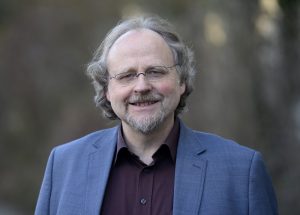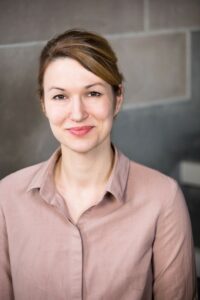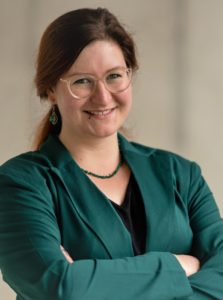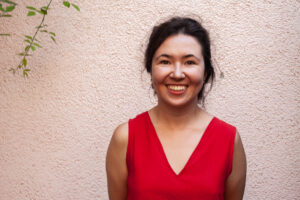Political Theory and History of Ideas
Our Research Focus
This larger research area centers around Modern Political Theory as well as the History of Political Thought from the 19th century until today. Our approach is primarily comparative-systematizing, conceptual, historical and discourse-analytical. Four integrating focal areas tie together the researchers’ individual projects:
- International and global political thought (i. e. questions of international political order, ranging from federalism to imperialism)
- Political semantics, their contestation and communication in political images and metaphors (political iconology and metaphorology)
- Conservative, authoritarian and anti-democratic political thought
- A regional focus on Englisch, Russian, and German-language debates
Current Projects
Principal Investigators: Prof. Dr. Eva Marlene Hausteiner
Duration: 2022 – 2023
Funding Institution: Volkswagen Foundation, Funding line „Originalitätsverdacht“, 2022-2024
Project Description:
Is the ending of political orders, then, something feasible and desirable – and who gets to decide over this finitude? Under which conditions and with which justifications do political systems with pre-designed time limits develop? Is there a logic of political finitude? The project ventures into the intersection between the history of political thought and systematic political theory, attempting to combine the analysis of concrete finite orders with a typology of theoretical justification of such temporary designs.
Principal Investigators: Prof. Dr. Eva Marlene Hausteiner
Researcher: Marina Soltsneva
Duration: 2023 – 2027
Funding Institution: DFG Research Group „Aitiologies“, 2023-2027
Project Description:
The research project investigates the temporal-justifying, i.e. aitiological narrative patterns of the ideological current of Russian neo-Eurasianism. The aim is to examine the narrative-explanatory assertion of a conflict between Eurasia and the West that originated in the Middle Ages and has shaped it ever since – based on the thesis that neo-Eurasianism must be understood not only as a geopolitical movement, but as an aitiological narrative of conflict. On the one hand, the project focuses on the narrative-aitiological means of checking the plausibility of this conflict (including iconographic strategies and traditional narratives of the history of ideas) and, on the other hand, on its role in the justification of an aggressive imperial programmatics.
Project Description:
Laila Riedmiller’s doctoral project examines temporal strategies of the “New Right”, particularly their relation to and history of accelerationist thought. Simultaneously,the relationship between left and right accelerationism is examined from a comparative perspective.




